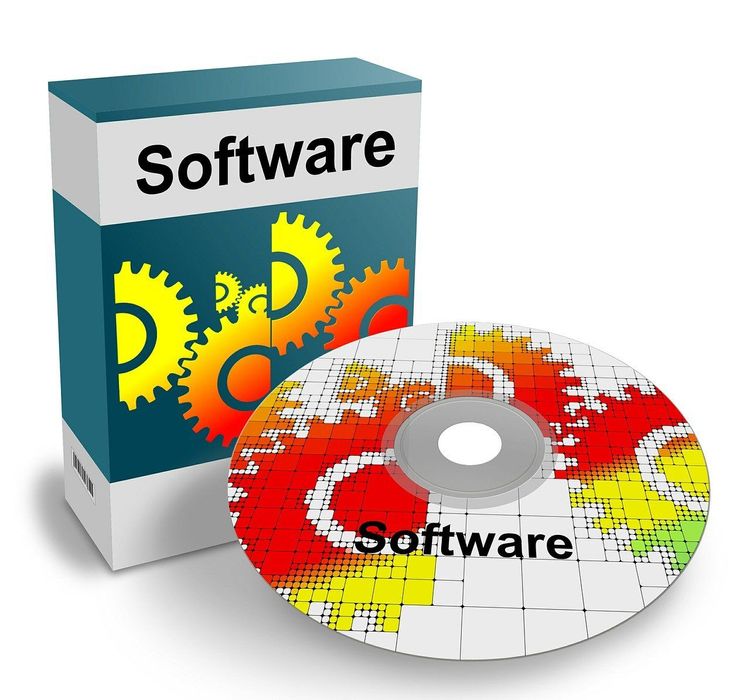Amazon Surpasses $2 Trillion Market Value
Amazon achieved a historic milestone on June 26, becoming the fifth U.S. company to surpass a market value of $2 trillion. This surge has been largely driven by optimism surrounding artificial intelligence (AI) and reports of Amazon's impending launch of a discount store. Unlike many tech firms, Amazon's growth is closely linked to its physical business operations, positioning it to better tackle aggressive competition from cross-border e-commerce platforms like Temu and SHEIN.
During intraday trading, Amazon's market capitalization crossed the $2 trillion threshold, closing with a 3.9% stock price increase. Year-to-date, the company's stock has gained over 26%. Amazon joins Microsoft, Apple, and Nvidia in the exclusive club of companies valued over $3 trillion, while both Google and Amazon are above $2 trillion. Amazon first surpassed a $100 billion market cap in 2012 and became the second company, after Apple, to exceed $1 trillion in 2018, the year Jeff Bezos became the world's richest person for the first time.
Market analysts attribute the rising interest in tech stocks to optimism around AI and expectations of lower interest rates from the Federal Reserve. Amazon is focusing on enterprise-oriented products, such as AI models and the "Q" chatbot for businesses using Amazon Web Services (AWS). As one of the largest cloud service providers globally, Amazon has seen substantial benefits from the increasing demand for generative AI tools. AWS recently launched a new generation of custom-designed chips optimized for machine learning and generative AI applications. CEO Andy Jassy noted that AI enhancements have revitalized AWS's growth, with annual revenues projected to reach $100 billion.
While the tech sector faced challenges last year, Amazon's first-quarter revenue reached $143.31 billion, marking a 13% year-over-year increase, with net profit soaring 229% to $10.43 billion. Growth in specific segments, particularly AWS, remains strong, with net sales increasing by 17% and operating profit rising by 84%.
AI Developments and Competitive Strategies
In its quarterly report, Amazon projected net sales for the upcoming quarter between $144 billion and $149 billion, reflecting confidence in continued growth despite slightly falling below analyst expectations. In the AI space, the company is developing "Metis," a chatbot designed to compete with OpenAI's ChatGPT. Metis will harness Amazon's proprietary Olympus large language model to generate conversational responses, propose follow-up questions, provide source links, and potentially serve as an AI assistant for tasks like trip planning and smart home control. An internal testing phase is currently underway, with a launch planned for September during Amazon's major Alexa event.
Amazon's journey into AI isn't new; the company introduced the "Alexa" chatbot in 2016 to assist with inquiries related to shopping and logistics. Recently, it unveiled Amazon Q, a generative AI assistant capable of crafting creative text, writing code, summarizing documents, and analyzing data. Notably, Amazon invested $4 billion in AI startup Anthropic, a significant competitor to OpenAI recognized for its chatbot, Claude.
Competing in the Discount Market
While AI garners attention in the U.S. market, analyst Yang Shijie underscored that the factors driving Amazon's 4% single-day spike were multifaceted. Reports indicate that Amazon aims to launch a new section on its shopping platform focused on low-cost goods shipped directly from Chinese warehouses to global customers. During a recent meeting in Shenzhen, Amazon discussed its "discount store" initiative with select sellers, seen as a response to competitive pressure from Chinese platforms like Temu and SHEIN.
This meeting included an exclusive group of invited sellers and suppliers. Feedback from merchants has been positive, though the initial program will only accommodate a limited number of participants. According to Amazon spokesperson Maria Boschetti, the company is exploring new collaboration methods with sales partners to enhance customer choices, reduce prices, and improve convenience.
Industry experts view this initiative as an upgrade to the Temu model, granting Amazon sellers greater control over product selection and pricing while Amazon manages fulfillment and marketing services for a commission. Despite Amazon's stronghold in the U.S. e-commerce market, the rapid growth of Chinese cross-border platforms poses a substantial challenge, edging closer to Amazon's user base.
According to eMarketer forecasts, Amazon is projected to capture 40.4% of U.S. retail e-commerce sales in 2024, reaching nearly $491.65 billion. In contrast, Temu's gross merchandise volume (GMV) is expected to be between $14 billion and $16 billion for 2023, with ambitious targets of around $30 billion for 2024. Since its entry in 2022, Temu has gained rapid traction in the U.S., bolstered by high-profile advertising and extensive social media campaigns, becoming one of the most downloaded apps of 2023.
Feng Huakui, founder of the e-commerce platform, remarked that Amazon's recent strategies reflect a market-driven adaptation, the effectiveness of which remains to be seen. Many merchants are eager to participate in this new model, anticipating positive outcomes. Amazon's integration of AI technology into its cross-border e-commerce initiatives could significantly enhance sellers' efficiency while providing a personalized shopping experience for consumers, marking a strategic advantage in a competitive landscape.







